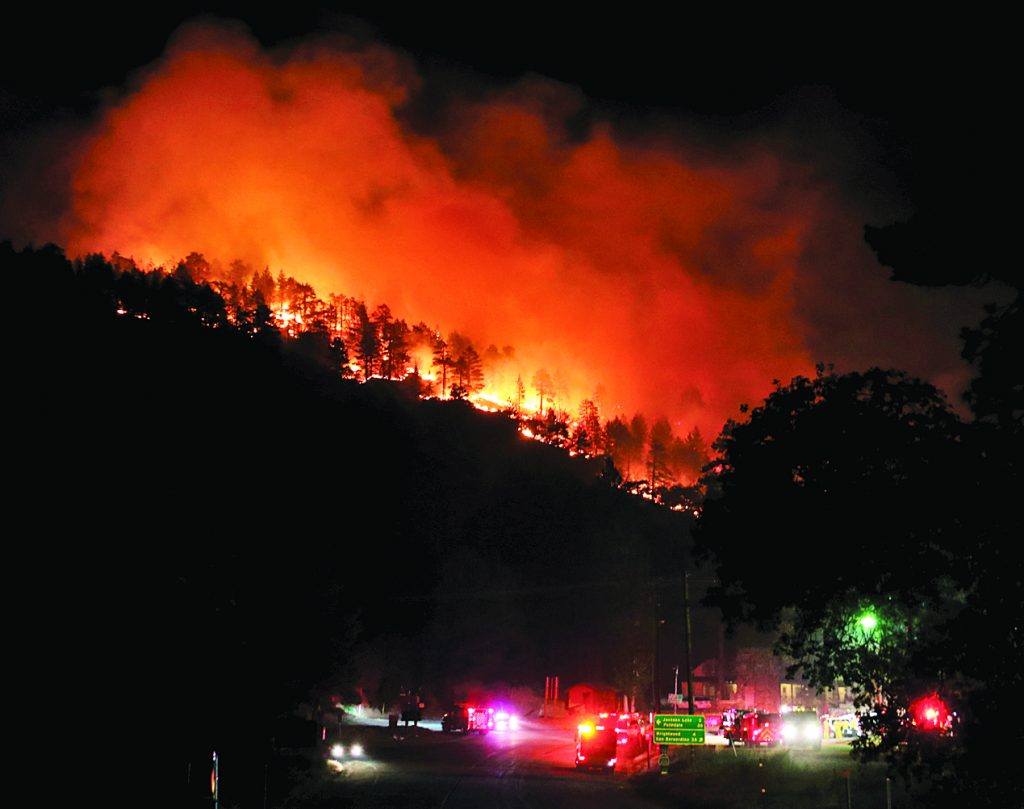C ould School Janitors Help Stop Zika?
ould School Janitors Help Stop Zika?
In an intervention that could have major implications for the emerging Zika virus epidemic in the Western Hemisphere, a campaign to train elementary school janitors in the western Mexico state of Colima dramatically reduced the incidence of dengue fever. After the janitors were taught to locate and clean mosquito-breeding sites, the nearby communities saw a 45 percent reduction in dengue fever incidence, compared with the previous year. By contrast, the rest of Mexico observed an 81 percent increase in dengue incidence, on average.
Dengue is spread by Aedes aegypti, the same mosquito species that carries the Zika and chikungunya viruses. Schools may contribute to the spread of the epidemics, because they contain numerous Aedes aegypti breeding sites, such as on roofs or in plastic recycling containers. The study—led by Carlos Hernandez from Colima State University and Oliver Mendoza-Cano, a visiting scientist in the Harvard Chan Center for Health and the Global Environment—was published in January 2016 in Global Health Action. Given the low cost of the intervention, Hernandez and Mendoza suggest it could be a helpful tool in the fight against Zika.
 Can Cognitive Activity Reduce Dementia Risk?
Can Cognitive Activity Reduce Dementia Risk?
While previously published studies have suggested a protective effect against dementia from cognitive activities such as reading, playing games, or attending cultural events, questions have been raised about whether these studies reveal a true cause-and-effect relationship. A study by Massachusetts General Hospital and Harvard Chan researchers lends support to the benefits of late-in-life cognitive activities. It concludes that while factors such as participants’ education level might affect dementia risk, they cannot totally account for the observed association. Moreover, the scientists found no evidence that one kind of activity is better than another, says senior author Deborah Blacker, professor in the Department of Epidemiology at Harvard Chan and director of the Gerontology Research Unit in the Massachusetts General Hospital Department of Psychiatry. She recommends people engage in stimulating activities that they enjoy and not spend their money on programs claiming to protect against dementia.
 “Smoke Waves” Will Affect Millions in Coming Decades
“Smoke Waves” Will Affect Millions in Coming Decades
Wildfires threaten more than land and homes. The smoke they produce contains fine particles less than 2.5 micrometers in diameter, or PM2.5, which can poison the air for hundreds of miles and send people to the hospital with respiratory illnesses. In a new study, researchers coined the term “smoke waves” to describe two or more consecutive days of unhealthy levels of PM2.5 from fires. They found that across the western U.S., climate change will likely cause smoke waves that last longer, occur more frequently, and are more intense. The team estimated that about 13 million more children and seniors—who are at higher risk for respiratory illness—will be affected by these smoke waves, compared with today’s numbers. “Climate change is a public health crisis, and it’s happening right now,” says study co-author Francesca Dominici, professor of biostatistics and senior associate dean for research at the Harvard Chan School. “If we can figure out who is most at risk, we can start thinking about smoke evacuations and early alert systems for hospitals and local primary care physicians.”







